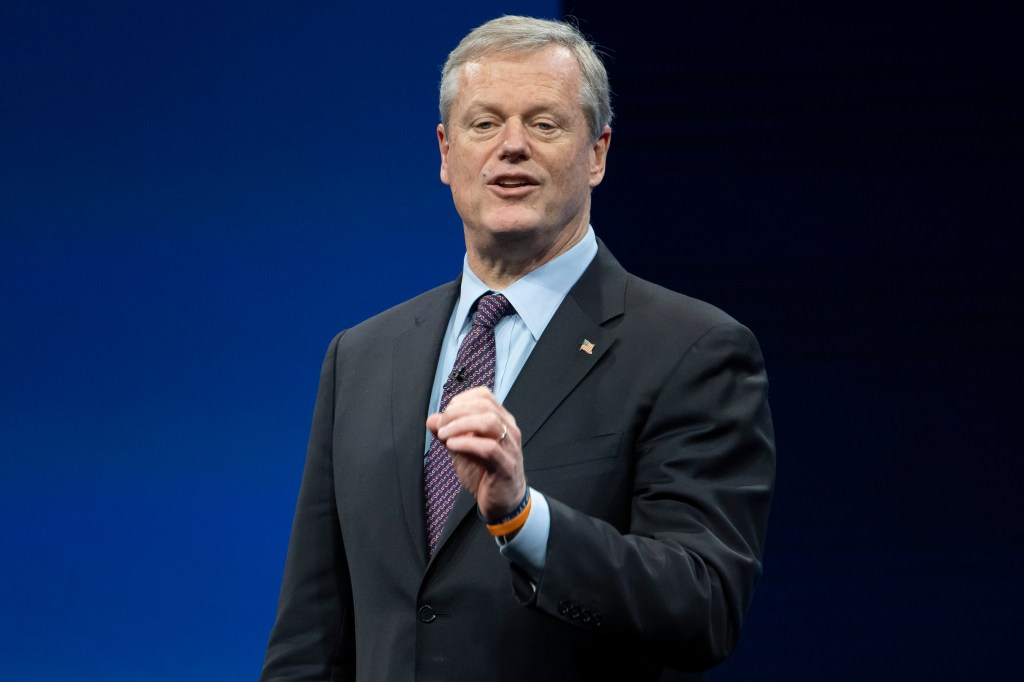
A Massachusetts-based coalition of public and private organizations launched Thursday plans to raise awareness of the harms sports betting can have on young people, the laws surrounding the industry, and risks associated with gambling.
Members said they were concerned about how easy it is for college-aged residents and young kids to access sports betting, especially on mobile phones. After Massachusetts legalized the practice two years ago, some officials are starting to raise alarms about problem youth gambling.
The coalition includes Attorney General Andrea Campbell’s office, the Massachusetts Gaming Commission, Massachusetts Council on Gaming and Health, Civic Action Project, NCAA, and every major sports team in Boston.
“There are alarming national and state statistics about how this demographic engages with gambling, both on sports and generally. National data from the NCAA has found that 58% of 18 to 22 year olds have engaged in at least one sports betting activity,” Campbell said during an event at TD Garden.
The announcement came a day after former Gov. Charlie Baker, who now serves as president of the NCAA, said he wants to states with legal sports wagering to ban prop bets on college athletes. Prop bets on college athletes are already illegal in Massachusetts, and betting on Massachusetts colleges is only allowed when a team competes a national tournament.
Coalition members plan to develop an “evidence-based education, training, and health curriculum targeted at middle school, high school, and college-aged young people, ages 12-20, throughout” the state, according to Campbell’s office. Their first meeting is in early April.
Massachusetts legalized online and in-person sports betting in 2022 to great fanfare, and sportsbooks officially launched their gambling platforms the next year. But since then, some lawmakers have raised concerns about younger generations’ susceptibility to addictive gambling.
Baker, who championed the sports betting law in the state, said he has talked to 500 to 1,000 student-athletes since he took over the top job at the organization.
“The message I kept getting from them was, ‘there’s so much of this going on, it’s very hard for us to just stay away from it and out of it.’ And what they meant by that was being dragged into it by their classmates who wanted to talk to them about how is so and so doing, is he or she going to be able to play this weekend?” he said.

